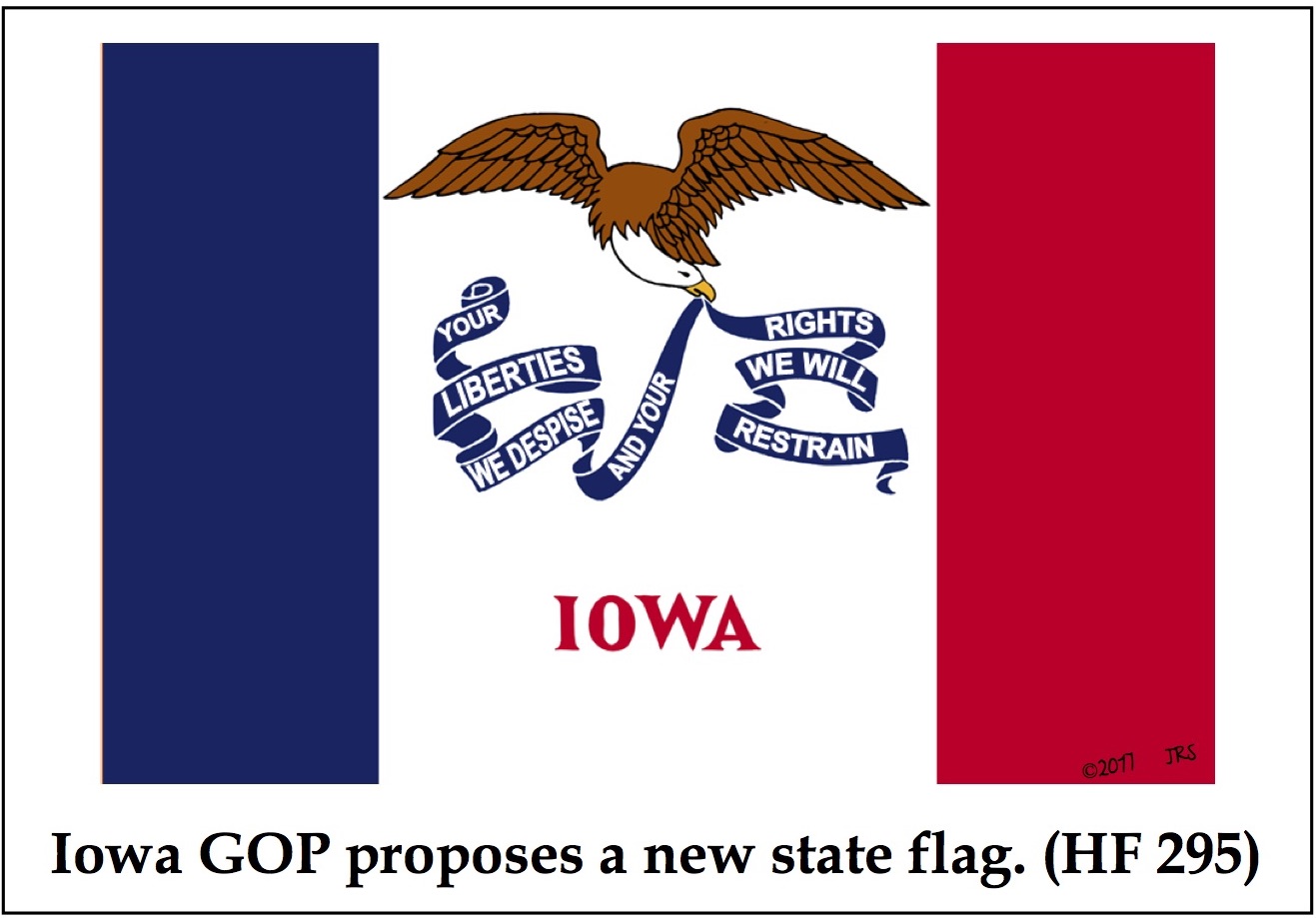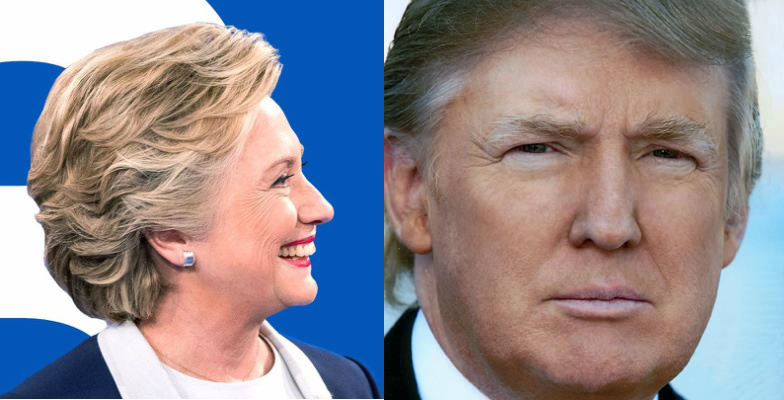Republicans used their control over state government to inflict tremendous damage on Iowa during the 2019 legislative session: underfunding education, blocking steps that would improve Medicaid services, dismantling effective sex education programs, further undermining workers’ rights, targeting health care for transgender Iowans, and giving Governor Kim Reynolds the ability to pack our highest courts with conservative ideologues.
The disastrous outcomes underscored the urgent need for Democrats to break the Republican trifecta in 2020. The Iowa House is the only realistic path for doing so, since Reynolds won’t be up for re-election next year, and the 32-18 GOP majority in the Iowa Senate will take several cycles to undo. State Representative Andy McKean’s recent party switch improved Democratic prospects, shrinking the Republican majority in the chamber from 54-46 to 53-47. Nevertheless, a net gain of four House seats will be no easy task for Democrats.
The Daily Kos Elections team calculated the 2018 election results for governor and state auditor in every Iowa House district. Jeff Singer discussed their key findings in a May 2 post: Reynolds carried 60 state House districts, Democratic nominee Fred Hubbell just 39. The “median seat backed Reynolds 51.0-46.3, a margin of 4.7 points. That’s about 2 points to the right of her statewide margin of 2.8 points.” Eight Democrats represent districts Reynolds carried, and one (Dave Williams) represents a district where Reynolds and Hubbell tied, while “only one Republican is in a Hubbell district.”
I’d encourage all Iowa politics watchers to bookmark the DK Elections number-crunching, as well as the team’s spreadsheet on 2016 presidential results by House district.
The Daily Kos team also looked at the 2018 voting for state auditor, seeking clues on which House seats might be within reach for Democrats. I don’t find that angle as useful. Previous State Auditor Mary Mosiman ran a terrible campaign. Not only did Rob Sand outwork Mosiman on the trail, he ran unanswered television commercials for six weeks, allowing him to go into election day with higher name ID than the incumbent, which is almost unheard of. Sad to say, Democrats won’t be outspending incompetent, little-known GOP candidates in the 2020 state legislative races.
Here’s my first take on both parties’ best pickup opportunities. What appear to be competitive state House seats may shift over the coming year, depending on candidate recruitment and incumbent retirements, so Bleeding Heartland will periodically return to this topic.












